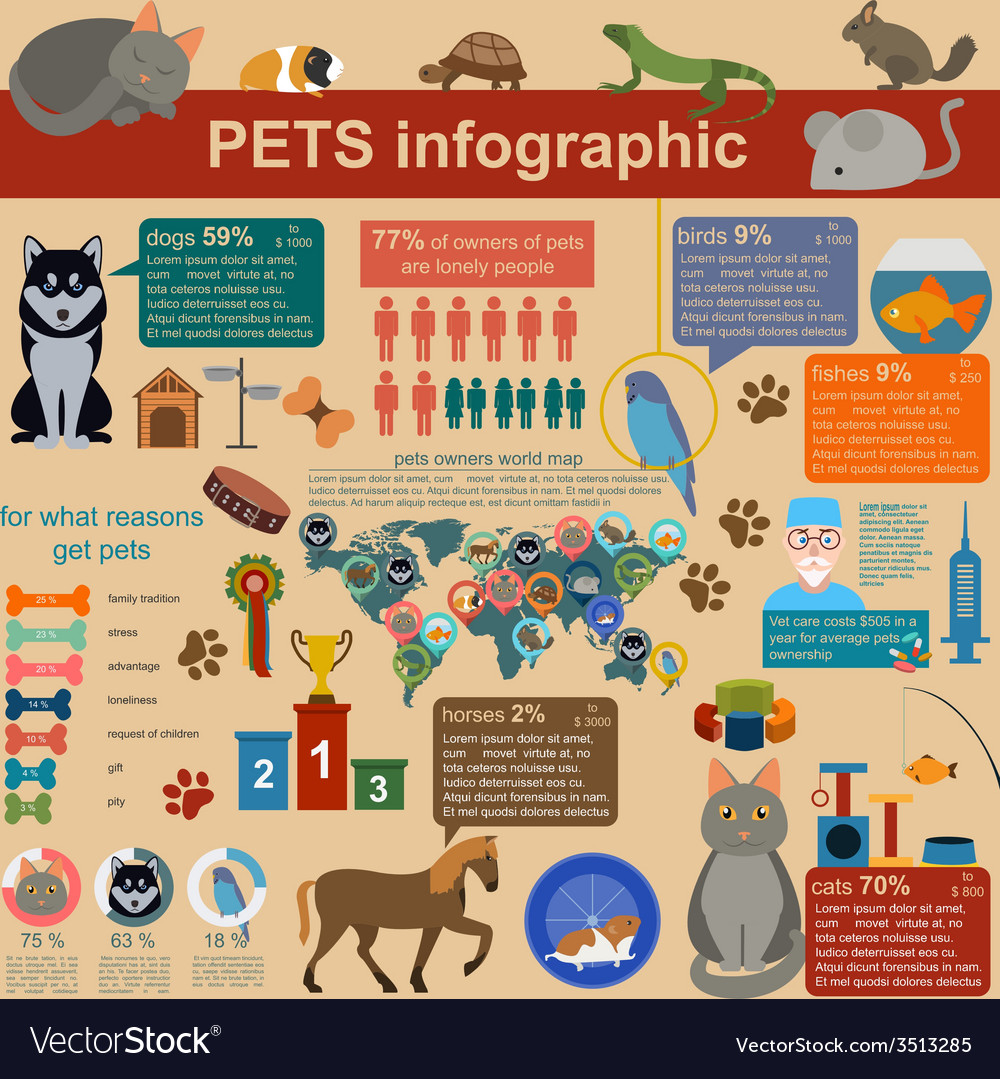Average Dog Daycare Hours
Average Dog Daycare Hours
Blog Article
Can Canine Daycare Cause Disease?
Doggy day care is an excellent method to socialize your animal in a risk-free and controlled environment. Just like kids, dogs at childcare can capture a range of germs.
Some of these consist of: Canine distemper - an airborne infection that attacks the breathing and stomach systems with symptoms consisting of throwing up and bloody diarrhea. This is very contagious and can be fatal. Avoidance consists of an effective injection, and reputable facilities normally require this vaccination.
Pooch Distemper
Similar to kids who go to college, pets at a canine park or day care can obtain many different infectious conditions. These can include kennel cough, manage, ringworm, canine flu, distemper, rabies, and parvovirus (parvo).
While there are many diseases that trigger coughing, high temperature, anorexia nervosa or seizures, the combination of these signs with the development to a nerves disease is distinct to distemper. This can lead to fatality, specifically in pups and unvaccinated adult canines.
Distemper is spread mostly by straight contact between canines, yet can additionally be transmitted through respiratory secretions or by contact with shared food bowls, materials, devices and surface areas. The infection is lost in physical secretions, and contaminated hands, feet, noses and mouths. Young puppies and strays are most susceptible to infection.
Dog Influenza
An extremely transmittable viral condition that affects canines (and in unusual situations, felines). It is spread out by respiratory system secretions and infected objects, such as leashes, toys, food bowls and collars. It can likewise be moved from human hands to the mouth and nose of contaminated pet dogs.
Signs consist of coughing, sneezing, dripping nose and eyes, high temperature and anorexia nervosa. Extreme cases can lead to pneumonia.
Because this is a relatively new illness, many canines have no natural immunity against it and will come to be contaminated when initially revealed. Vaccinations are readily available. Reliable day cares and boarding facilities will certainly require all canines to be as much as date on their influenza, bordetella and parainfluenza injections. If your canine is experiencing symptoms of kennel cough, it's ideal to maintain them home from day care up until they are clear of the illness.
Canine Cough
Canine transmittable tracheobronchitis, even more typically referred to as kennel cough, is a multifactorial disease caused by a variety of viruses and bacteria. Typically, influenced pets create a dry hacking cough that is made worse by exercise or excitement and can last for weeks. More extreme instances can bring about bronchopneumonia and call for hostile therapy including a hospital stay for IV-provided anti-biotics, oxygen treatment and liquids.
The most common source of kennel coughing is the bordetella bacterium, but infections can additionally be triggered by herpesvirus, parvovirus and adenovirus. It is transmitted via beads launched when infected canines sneeze or cough, dog-to-dog contact and sharing items such as food and water bowls or toys. Inoculation for this illness is offered and is suggested for dogs who hang around in boarding facilities, brushing stores, dog daycare and training courses in addition to those taking part in canine sports or group pet strolls.
Dog Parvovirus
Canine parvovirus (CPV) is the most dangerous condition that impacts unvaccinated dogs. The infection assaults the gastrointestinal system, leading to vomiting and extreme diarrhea. It also contaminates the bone marrow, causing a drop in protective leukocyte. The weakened body immune system permits the infection to spread out quickly. It is particularly harmful for pups and canines of young age, but it can additionally assault adult dogs and various other canids like coyotes and foxes.
This highly transmittable health problem is spread via direct contact with a contaminated pet dog, the polluted environment such as kennels and food bowls, and also the hands and clothes of individuals managing the canine. Inoculation for this disease is effective, and credible day care and boarding facilities will certainly require it. The kennel coughing injection is often advised along with the parvovirus vaccine.
Pooch Parasites
Bloodsuckers may be inner (worms) or outside (fleas, ticks). Intestinal bloodsuckers can trigger a variety of troubles, but they are especially major in young puppies. As an example, hookworms attach to the intestinal tract wall and suck blood, bring about anemia in young puppies. Puppies might be infected with these bloodsuckers by eating feces-contaminated dirt or with the mommy's milk during nursing. Puppies may also become infected with whipworms, which are single-celled bloodsuckers that attach to the intestine and reduce nutrient absorption, triggering persistent watery diarrhea.
Pet dogs can also be contaminated with tapeworms, heartworms, Click On this page roundworms and giardia. If you notice worms in your pet dog's feces, a visit to your vet is recommended for medical diagnosis and treatment. Parasite infections are preventable with regular monthly spot-on treatments and routine cleansing of food, water and feces bowls.